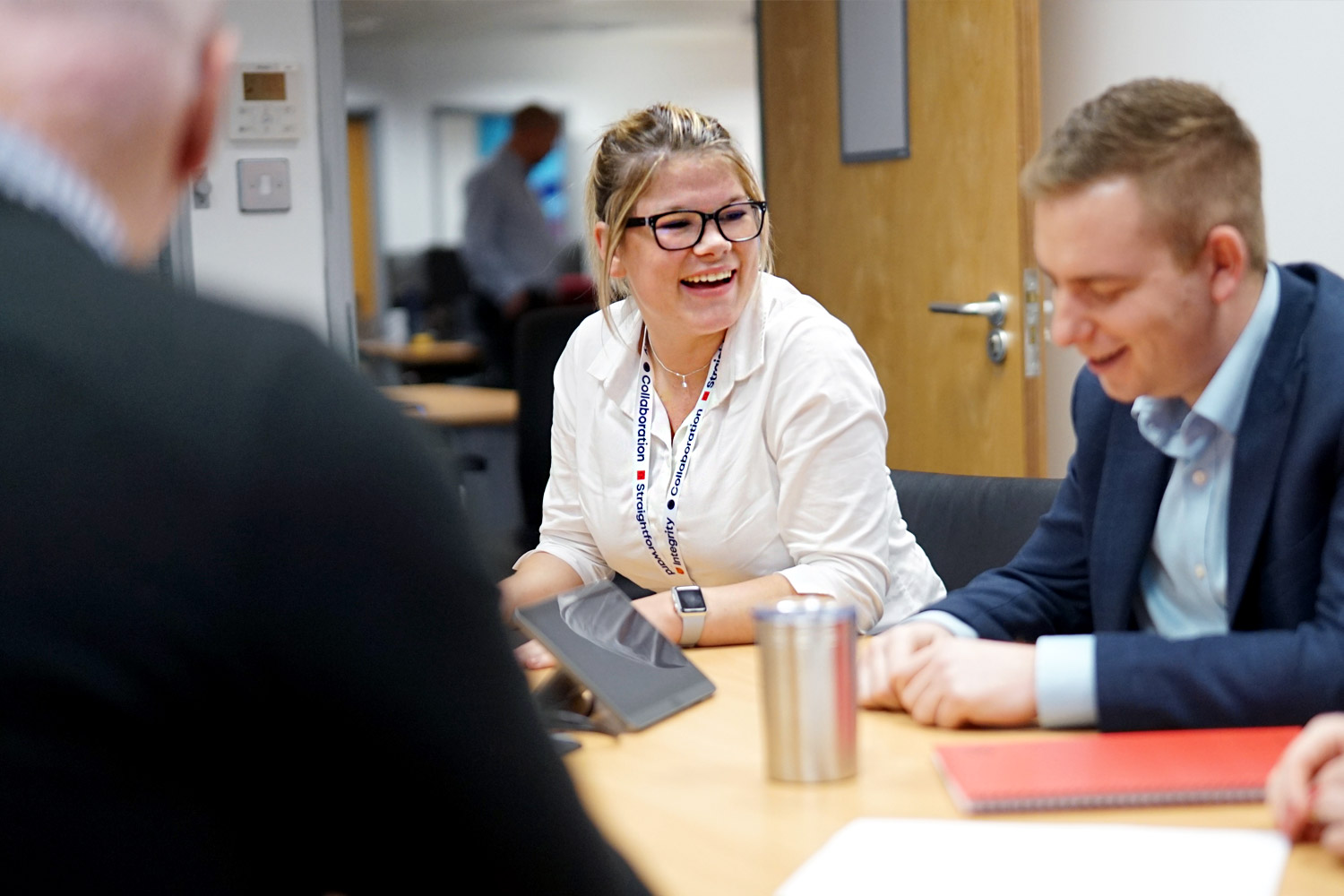At Allica, we’re on a mission to create a bank with a truly industry-leading customer experience. To do this, cutting edge technology and hiring the top talent will play a crucial role. However, if you ask me, the real secret weapon for us to achieve our mission is our customers.
It’s only by properly understanding those we serve that Allica can create a bank that meets their needs. But this means doing more than sending out the occasional customer feedback survey. If we really want to do things differently and positively impact our customers in absolutely everything we do, we need to take a proactive approach.
So, before we even start building products or improving existing ones, we should be speaking to our customers. It means asking them from day one about how they would like to deal with us, rather than dictating to them how it should work. It means creating multiple touchpoints that let customers give us feedback in ways that suit them.
Getting into the real nitty-gritty
We must look beyond the likes of NPS surveys and social media monitoring. These reactive ways of gathering feedback might be able to gauge general sentiment, but they don’t come close to achieving the kind of depth needed to transform the customer experience.
For instance, they couldn’t possibly help you fully understand the needs of small business owners and brokers in, say, Chippenham or Salford. What do they really want when they sit down at their desk in the morning? What does their day flow like? What do they get frustrated with? What do they like? And how can Allica fit into it all
Reactive systems struggle to get to the real crux of a problem. They return time-sensitive, throwaway responses. For example, if a new online application form is having a lot of drop-offs, it doesn’t necessarily mean the whole system needs a complete overhaul. It could simply be that one button is in the wrong place, or some copy could use more clarity. This wouldn’t be reflected in a basic customer feedback survey sent several days later. Indeed, few people would remember it, and this can result in a lot of wasted effort fighting the wrong battles.
Granted, plenty of existing systems will glean some anecdotal feedback. However, this is often incomplete and won’t truly reflect what customers think – or, in the case of verbal feedback, will be the least they can say to get you off the phone without feeling rude.
How we’re doing things differently
At Allica, we’re building a proactive feedback structure from the ground up. We’re exploring how to properly get out and spend time with people face-to-face in a non-intrusive, collaborative and efficient way. This allows us to have candid and in-depth discussions that go well beyond the ‘what’ and lets us understand the ‘why’.
Events, for one, will be an important outlet. Traditionally the stomping ground of the sales team, events such as roadshows, conferences and seminars will allow the wider team to meet brokers and small businesses in an unstructured and relaxed context. It will be interesting to see, too, how our ExCo and senior leadership team can use their many years’ experience across a wide range of skills and backgrounds to support small businesses on a more local level.
Similarly, I’m eager to spend time with our existing customers. I want to know more than just what their experience of Allica’s products is like, and instead understand where we fit into their day and what we can do to make their lives easier.
We also need to create ultra-accessible and easy ways for customers to share thoughts and ideas with us in real-time. Everyone finds themselves muttering under their breath on occasion when something’s not working or is a pain to use. We need to be able to capture these feelings, right there and then when they’re being felt.
Finally, we must make sure this feedback is felt across the business, rather than just in my team. Having worked at several large financial institutions, I’ve seen first-hand the disconnect there is between staff and end-users. Often, only a handful of the thousands of people these organisations employ will have day-to-day interaction with customers, and this is reflected in the customer experience.
At Allica, we’re creating a customer-focused culture, which means that everyone – from developers to designers to Operations and the Finance team – is always thinking about how their daily actions affect the customer.
A feedback framework for the future
We’re fortunate that Allica Bank already has strong foundations in place for collecting valuable feedback. Our Business Relationship Managers have extensive networks and are speaking to brokers and small business owners every day. This has formed the foundation of our feedback framework, as we look to work in collaboration with customers to build something that truly works for them.
Unlike other banks, we don’t have legacy technology or customer data stored in multiple databases. It means we can develop a modern system, able to be scaled as the business grows but keeping human interaction at the core. We can build it to be accessible and flexible to fit in with our customers’ lives.
After all, if we want to create a seamless and industry-leading customer experience, we need to have a cutting-edge customer feedback framework to go with it.


